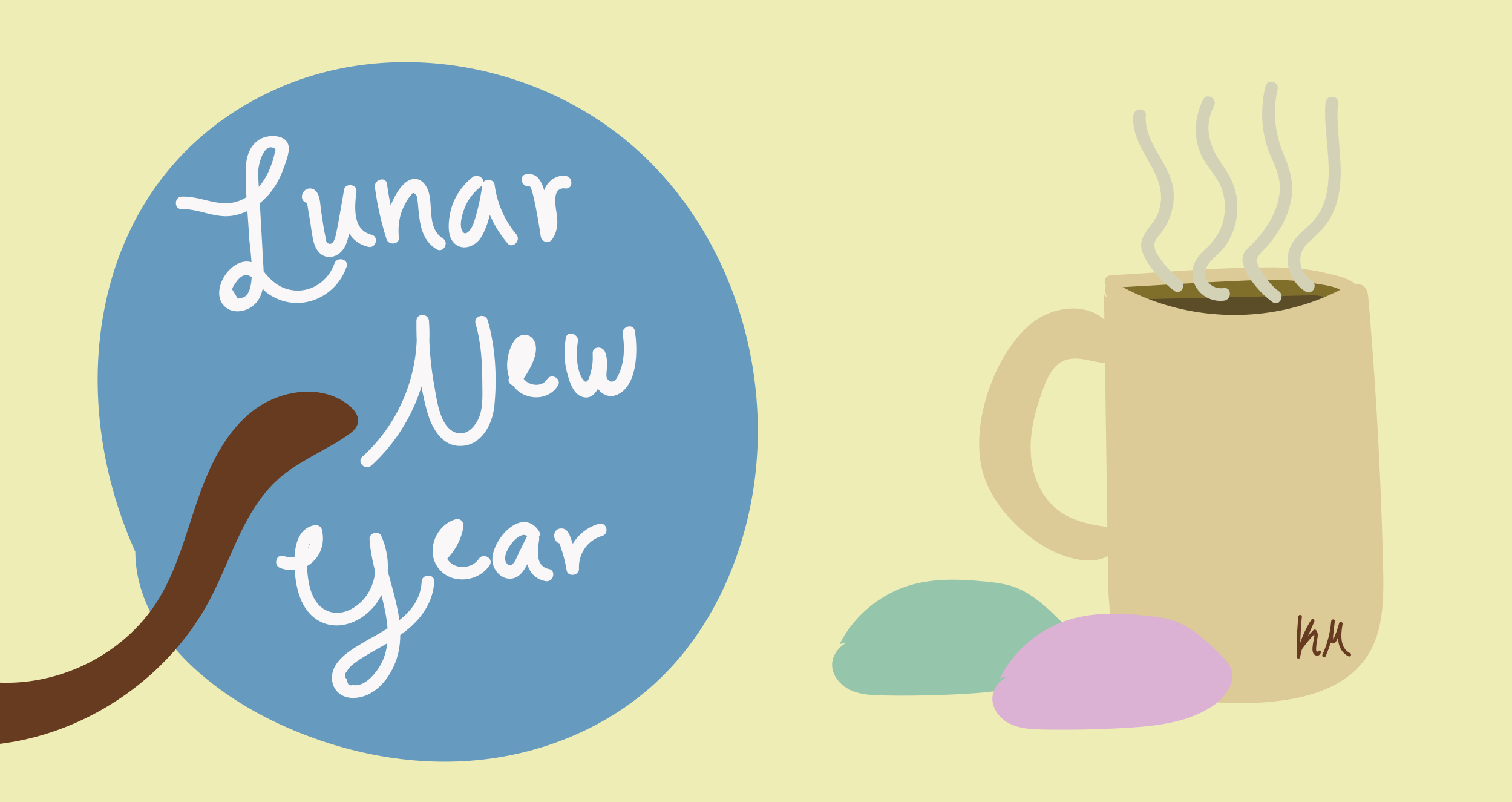Lunar holiday celebrated with some heartache

LUNAR NEW YEAR
- Lunar New Year is mainly celebrated in China, Vietnam, Thailand, Cambodia and South Korea
- This year marks the year of the monkey
- The world Languages and Cultures Center will host its own celebration from 10:30 a.m. through the afternoon on Monday, Feb.
For Asian students, the Lunar New Year is as much a time of longing as for festivities. It’s a time when they miss the closeness of family and familiar cultural traditions.
No lucky money, no new clothes, no dancing dragons, and most of all – no feast with all the family members that people back home will be partaking of.
On Monday, Feb.8, many Asian countries such as China, Vietnam, Thailand, Cambodia and South Korea will celebrate the biggest event in a year which is called Lunar New Year. This year will usher in the year of the monkey.
Lunar New Year is an event that marks for the end of the old year and the beginning of the new, based on the lunar calendar, which is very popular in Asian cultures. It is a time for family members to get together in order to remember ancestors, discuss the bad and good things that occurred in the past year and make plans for the next year.
Usually, people in Asian countries will celebrate the holiday for seven to 10 days, and during this holiday time, most businesses, schools and stores will be closed.
However, in America in general and in Oklahoma in particular, people do not know much about Lunar New Year, so it is hard for international students here to celebrate this traditional holiday.
Engineering major Su Guan said since coming to Oklahoma, missing Lunar New Year in China makes him feel homesick.
“I think Lunar New Year (to me) means […] maybe like missing (people), and I miss my family members —my grandpa, my mother, my father,” he said.
Guan said the way Lunar New Year is celebrated in America and in his native country is totally different.
In China, classes would be dismissed for the celebration.
“Here we do not really celebrate it because we still have classes,” Guan said. “So after class, we just go to Chinatown supermarket to buy some dumplings, hot pot or something like that.
“Then we go back home, and we call our friends, and we just get together,” he said.
Guan said in his country, everyone would start a new year with firecrackers, then meet with all their family members and eat together.
He still hasn’t planned what to do for this Feb. 8 because he may have to study for tests during the New Year event.
Undecided major Khanh Ho, from Vietnam, came to the U.S. for higher education about eight years ago. She said there is just a small Asian community in Oklahoma compared to the community in Texas.
Usually the Asian population here will have a small festival with some traditional games and a dragon dance.
“… Sometimes, they do not have fireworks, but they have something smaller called firecrackers,” Ho said. It’s just not the same as the elaborate pyrotechnic display she would enjoy in Vietnam.
On New Year’s Eve in Vietnam, all family members usually get together to have a family dinner, then start talking about special events or important things that happened in the almost-gone year — what they already achieved and what they haven’t done yet, she said.
Ho said after the old year has gone by and the very first moments of a new year come, each person will discuss their plans which they want to accomplish in the new year.
‘Lucky money’ is also one of the traditional activities which will always happen in the Asian New Year, she said.
“It literally means that the elders will give money placed in the red envelopes to younger ones,” Ho said. “It does not really focus on the amount of the money. All they need is to pass new-year greetings and to wish the younger generation more luck, more blessings and more happiness.”
On the first morning of a new year, everyone will wear brand new clothes, she said.
“We usually have to have new clothes, maybe not everything, but maybe a new dress, a new T-shirt, or a new pair of jeans.” Ho said. That activity makes people feel fresh for a new year.
World Languages and Cultures Center Coordinator Chiaki Troutman said her lab will have some activities related to the upcoming Lunar New Year which will take place at 10:30 a.m. Monday, Feb.8.
“This is just a small lab so we cannot do big things,” she said. “We just can provide cultural elements to all visitors.”
Troutman said she will decorate the lab on the second floor of the Main building with Lunar New Year traditional decorations during the event.
“Most of the refreshments are donated by students and faculty and staff. We will have mochi cakes, jasmine tea, and Lunar New Year traditional food,” she said. (explain mochi cakes)
Troutman said everyone is welcome to attend.
OCCC students who are interested in Lunar New Year can attend some events which will take place around Oklahoma City:
On Sunday, Feb.7, at the Cathedral of Our Lady of Perpetual Help will do what. The cathedral is located at 3124 North Lake, Oklahoma City.
On Sunday, Feb. 7, at Vien Giac Buddhist temple what will happen. The temple is located at 5101 NE 36th St,, Oklahoma City, OK 73121.
On Saturday, Feb.13, at Saint Andrew Dung-Lac church what will happen. The church is located on 3115 SW 59 St, Oklahoma City.